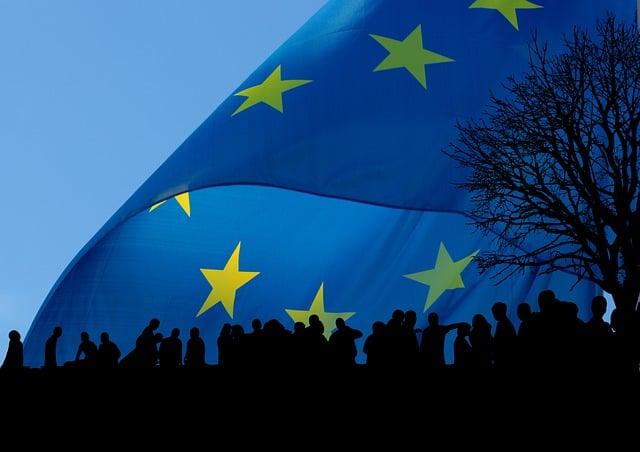Citizenship built on four elements: rights, duties, participation, and identity

The acknowledgement and acquirement of citizenship must be built in these four important elements: rights, duties, participation and identity. When it comes to rights and duties associated with citizenship, these will vary depending on the country and its legal framework.
The rights
However, there are common rights and duties that are generally associated with European citizenship in as they are guided by various international agreements, conventions, and European Union (EU) laws. Some of the key rights associated with citizenship in Europe, as early mentioned include the right to free movement; the right to vote and participate in political activities; the right to social benefits and services; right to access justice. Another important right worth mention involves the right to non-discrimination through which citizens in Europe are generally protected against discrimination based on characteristics such as race, ethnicity, religion, gender, sexual orientation, disability, and age, as established by anti-discrimination laws and conventions.
The duties
As for duties, the Treaty on the Functioning of the European Union (TFEU) article 20, also outlines a series of commitments that come along with the European citizenship:

Respecting the core principles of the EU: Democracy, the rule of law, human rights, and fundamental freedoms are among the values that EU citizens are required to uphold.

Participating in the democratic process: EU citizens are urged to exercise their right to vote in European Parliament elections and to voice their opinions to EU institutions to take part in the democratic life of the Union.

Paying taxes: EU citizens are obligated to pay taxes in accordance with the rules of their native Member State. This duty is not officially addressed in the TFEU, although it is widely accepted as a duty of citizenship in most nations.

Compliance with the law: EU residents are required to follow the laws of their own Member State as well as the rules of other EU countries when visiting or residing in them. This obligation is implicit in the EU’s general legal structure and is reflected in several aspects of EU law.
Source: Icons by Flat Icons, Freepik, again Freepik, and Freepik
